White Box founder and CEO Luke Terry reflects on the organisation’s first five years and the things he wishes he’d known at the start.
When White Box Enterprises’ co-founder Lisa Siganto and I first sat around the kitchen table talking about the impact we wanted to create, I could never have imagined it would lead to this.
For me, White Box came off the back of running Vanguard Laundry and a realisation that there weren't many people building large-scale, jobs-focused social enterprises in Australia.
Thanks to a Westpac Social Change Fellowship, I was able to visit 30 large jobs-focused social enterprises around Australia and the world. It struck me that while Australia had thousands of social enterprises, very few were employing over 50 people and paying full award wages. There was a real gap in starting and scaling these kinds of businesses.
During a pitch event, someone from iCare in New South Wales asked me, “What would you do if money wasn’t an issue?” I said, “I’d build a social enterprise that creates more social enterprises.” To my surprise, they gave me $50,000 to develop a business case. That was the start of what would become White Box.
After several initial ideas and pitches that fell over, things started to take off when the Queensland Mental Health Commissioner secured us a meeting with Shannon Fentiman at the Department of Employment, Small Business and Training. They both agreed to put money on the table. Knowing we needed to lead with something bold, and with Lisa always trying to hold me to account on what our impact would be, we came up with the 5,000 jobs target. It is a vision that’s driven White Box ever since.
We made the announcement at an event in Queensland Parliament, with $400,000 of initial funding. Within the next six months, both Ian Potter Foundation and Paul Ramsay Foundation came in to support us, and we were on our way.
While it hasn’t all been smooth sailing, I believe we needed to go on the journey to get where we are. We have learnt some invaluable lessons along the way. Here are five things I wish I’d known from the start.
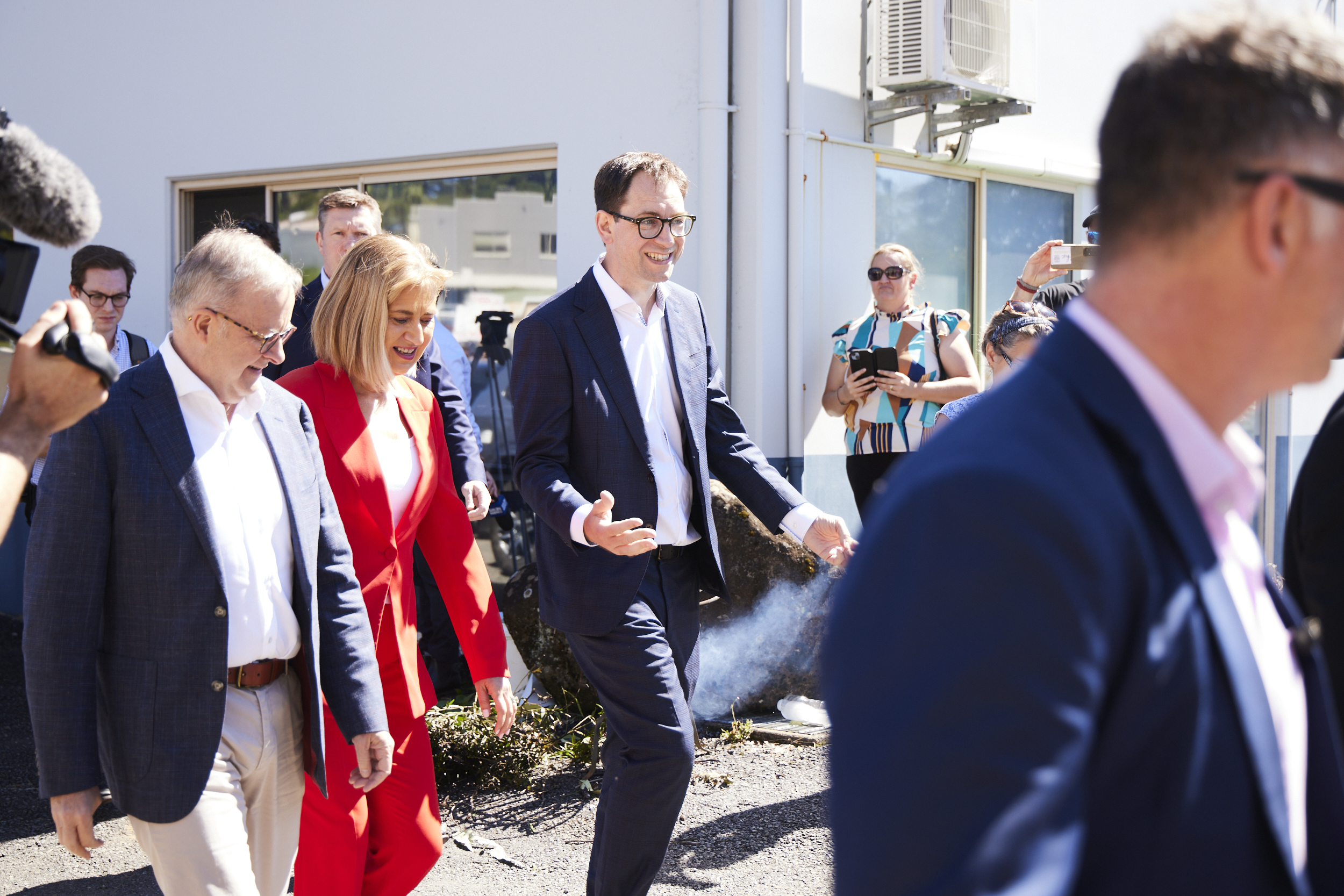
1. White Box IS an intermediary.
I struggled for a long time personally around the fact that we were an intermediary.
I really resisted the idea— I didn’t fully appreciate the role of intermediaries; I didn’t understand them. I saw them as middlemen not builders.
I remember people like our COO Mark Daniels, and trusted advisors like Jo Taylor and Alberto Furlan saying, “you’re an intermediary” and I refused to believe it. But as time went on, I learnt the value intermediaries bring. I fully embraced our role.
Now five years later, White Box is more than just a builder of social enterprises — we’re a grant maker, a funder, an impact investor and an intermediary with the federal government. And it’s really cool.
We should have said we were an intermediary from day one, but I had to go on that journey.
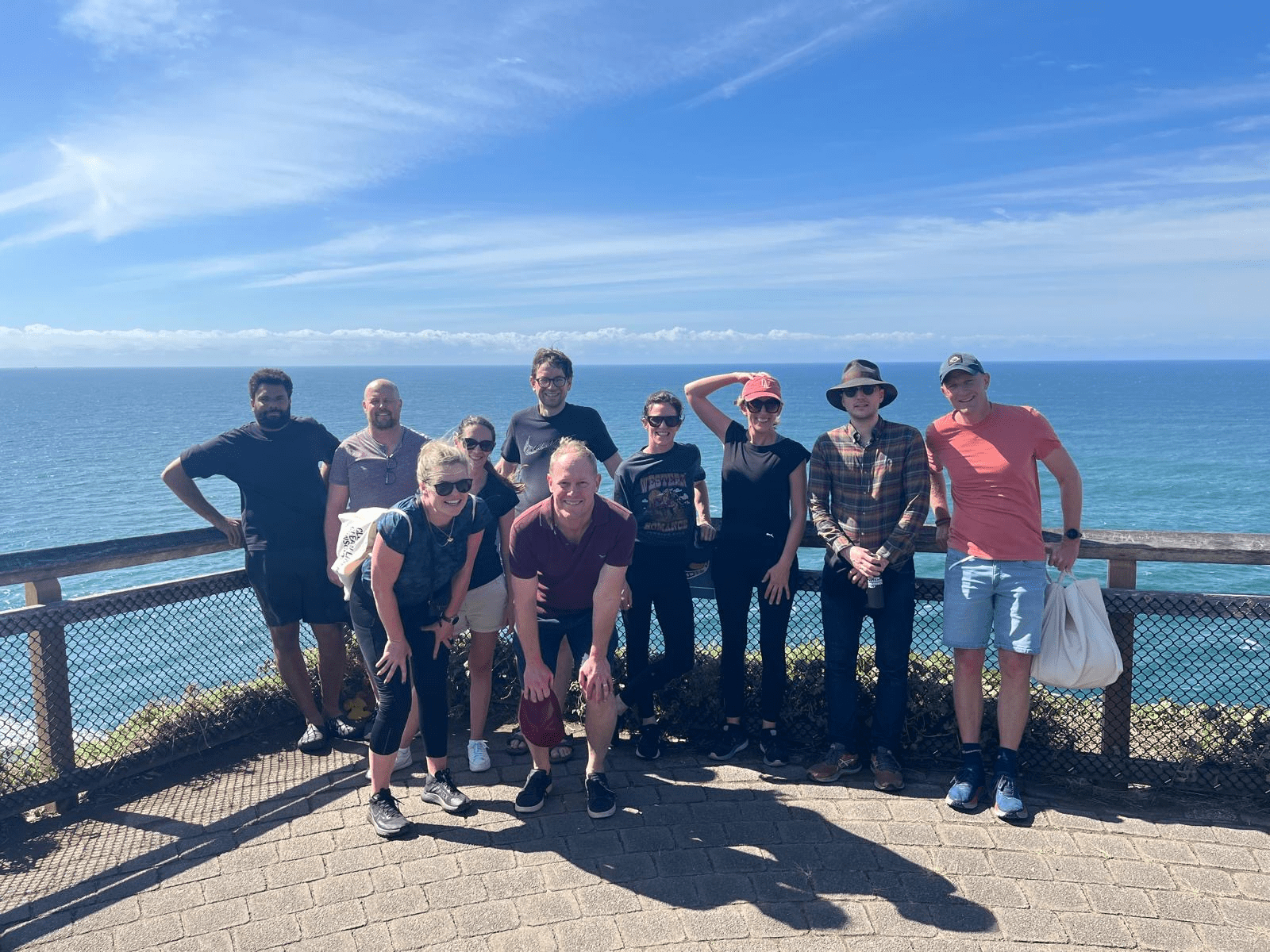
2. Hire the best people you can afford, even if you’re stretching yourself.
White Box began with volunteers—including Lisa and myself. It was a group of good people who shared our vision and gave their time. Without them—and the support of organisations like MinterEllison that helped us lay the foundations— we wouldn’t have survived those first two years. But there comes a time when a change must take place. Transitioning from volunteers to paid staff was tricky.
We had to balance integrating volunteers with new employees, which meant some people were getting paid while others weren’t. But without that messy period, we wouldn’t be where we are.
Securing core funding from Ian Potter Foundation was also pivotal as it enabled us to hire our incredible COO Mark Daniels, Amy Blacker to lead our comms, and Nico Deloux to lead partnerships. Those recruits changed everything at White Box.
I have learnt that one good hire can make up for three average ones. Talent benching is also important. We’re always looking for the right talent and we build relationships with people for longer. In hindsight, we should have started doing that earlier. In the early days I was grabbing everyone who was close to us, but it wasn’t the right approach. But then, in the beginning we thought White Box would have five, maybe six people after five years. To have this team of 15 people, that is doing these great things, is incredible.
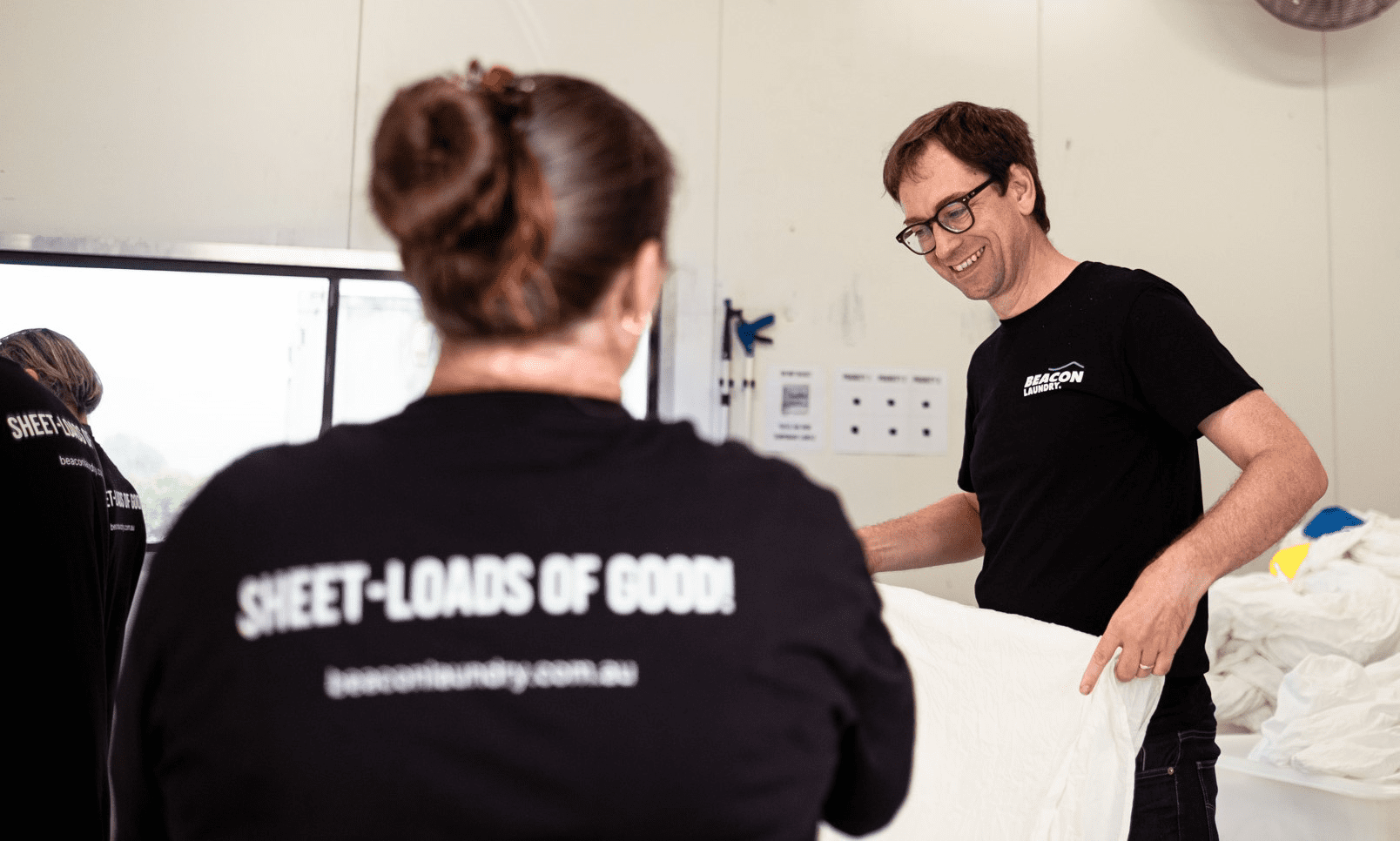
3. Moonshots are essential—but so is patience.
At White Box, we’ve always been about big, bold ideas—what we call “moonshots.” But this stuff takes time... the Payment By Outcomes Trial (PBO), the Sustainable Employment Loan Fund (SELF), the Social Enterprise World Forum, Beacon Laundry, they are all long hauls.
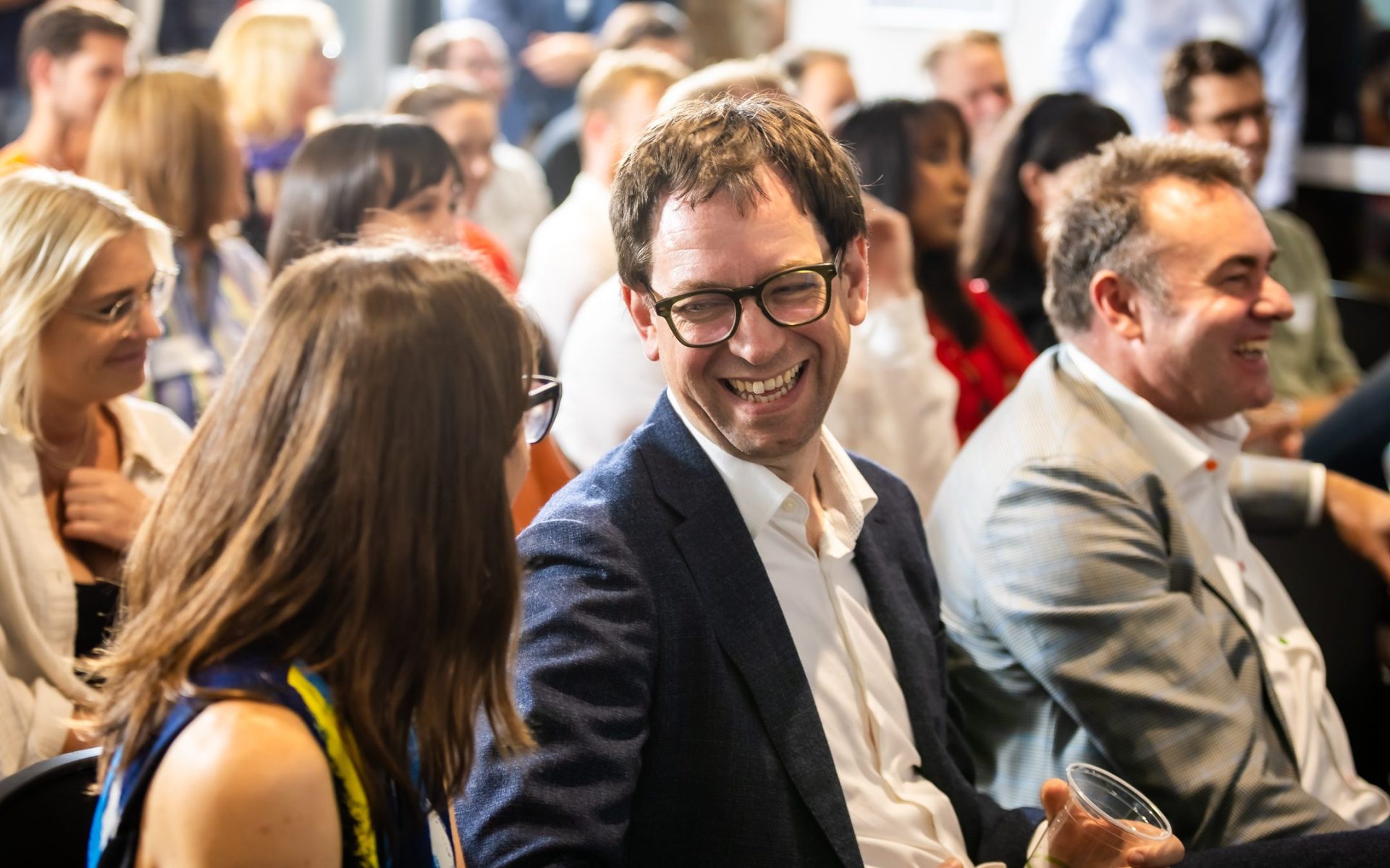
For example, we first started talking about the SELF in our first year. We had a vision to raise $50 million to support jobs-focused social enterprises. We spent a year on it, but we couldn’t get the right investors. But I'm glad we did it. Now today the SELF fund, a $5 million patient capital fund, is close to launch. It has taken a full five years.
There was five years between the first call about the laundry and when we opened Beacon in Bangalow.
Systems change and building sustainable enterprises is a long game, and it happens at the speed of trust. But the journey itself is invaluable, and those seeds we planted years ago are now starting to bear fruit. I suspect a lot of the stuff we are starting to do now, won’t roll out until we are in 2030. It’s important you don’t give up.
4. Big things matter even when they don’t balance.
That is to say — sometimes having an impact means making some hard choices.
We saw this with the Social Enterprise World Forum. There was a group of us that wanted to bring SEWF to Australia, but it was the middle of COVID. The world was in lockdown, and a lot of the initial supporters and organisers pulled out. We said, “it’s got to stay,” and we somehow convinced the White Box board to be able to go ahead and do that.
But it was far from easy. It was probably the first tension point I'd experienced in an organisation like White Box. There were people who thought it was a terrible idea, and one or two people left because of that but we pushed forward because we knew it would catalyse Australia’s social enterprise movement. Even when the numbers didn’t balance — it certainly wasn’t a smart financial decision for White Box, we ran it at a loss — the impact was worth it. We'd do it again tomorrow.
If I could tell slightly younger Luke something, it would just be to trust your instincts. Even though the road is hard, it will be worth it.
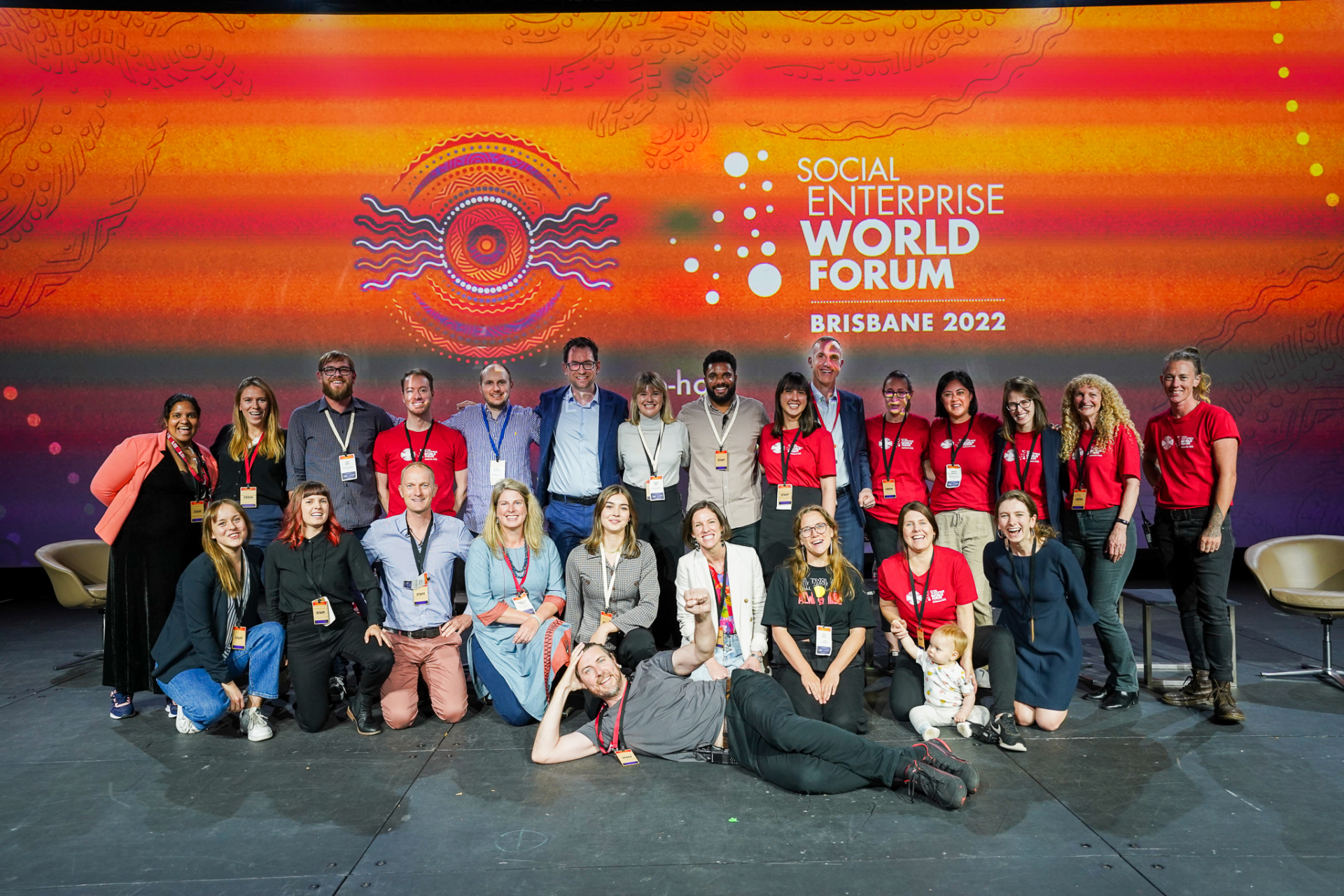
5. It’s better when we work together.
I think in the beginning, for me personally White Box was more “I” than it was “we”. “I can do this”. And I think a lot of our team were probably the same.
It was a collection of individual people and projects—Hotel Housekeeping, Australian Spatial Analytics, finance, backend support and others—all working in silos. There wasn’t a shared vision guiding us. As we grew, we realised the importance of collaboration —that’s why “create together” is now one of our core values.
Today, we come together as one, united by a common purpose. Because the team is dispersed across the country, we implemented collaboration weeks in Brisbane three times a year and built a culture around working together. If I could travel back in time and give myself some advice, it would be that a big vision from day one is important and that we are more effective when everyone pulls in the same direction.
Our values — “moonshot,” “best experience,” “create together,” and “figure-out-able”— have been an important part of that as well. When we got clear on our values halfway through our five-year journey, it was a sweet spot because we were able to start basing our big decisions around this.
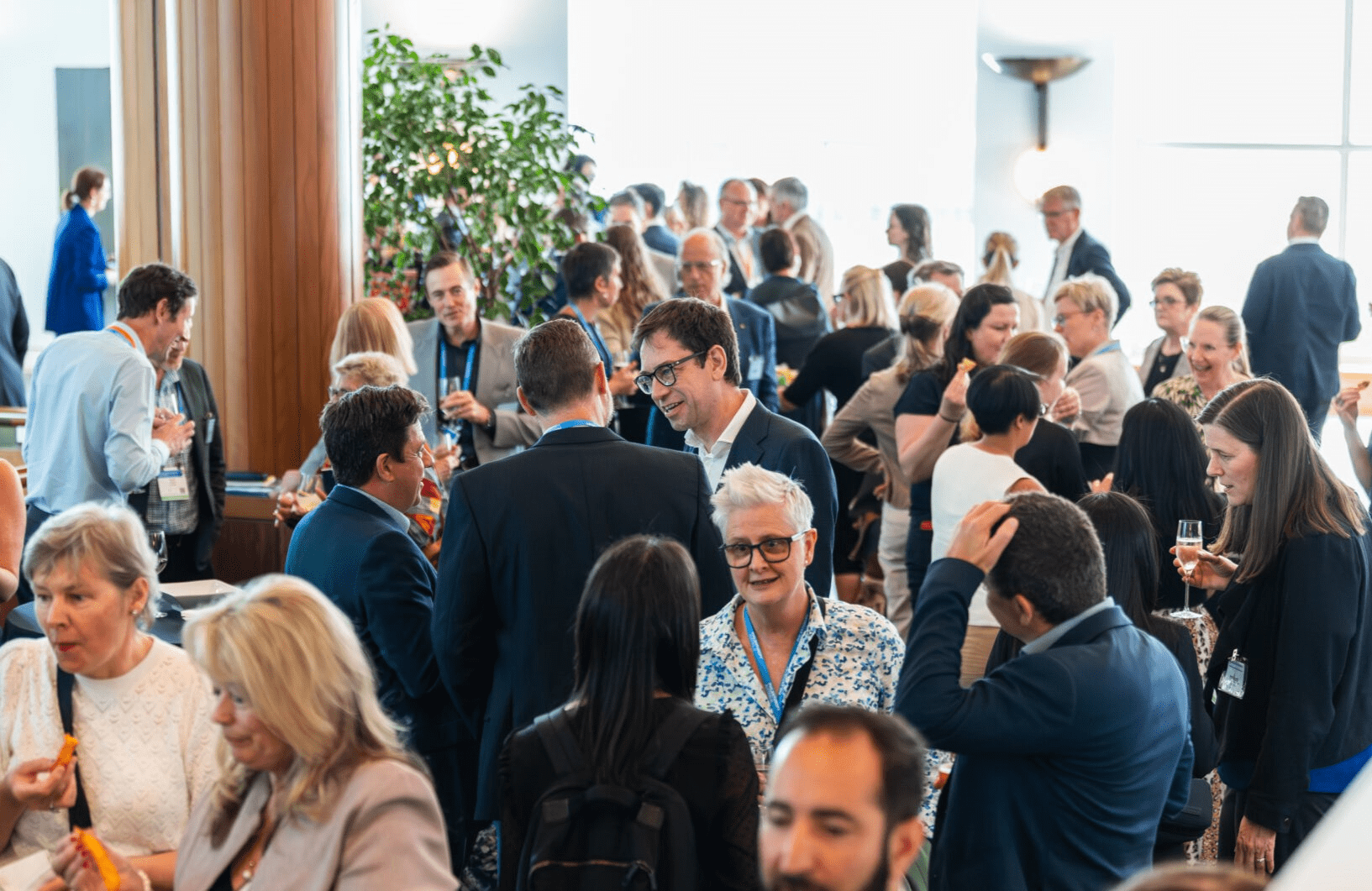
5+1. Self-care is critical
I know I said this was going to be five things, but it’s also worth mentioning that you do need to prioritise self-care. We've all heard it before, but I was caught by surprise by the toll that building White Box took on me. In the early days, I got tired easily, I’d get frustrated over that and I was struggling with how I communicated. It wasn’t until I started taking better care of myself that things shifted. Now I meditate at the beginning and end of every day and pay more attention to exercise and healthy eating. If I could give my younger self one piece of advice, it would be to do that from day one.
---
As I reflect on these lessons, I feel a huge sense of pride in what White Box has achieved. But I’m even more excited about what’s still to come.
I still have the feeling that we’re not doing enough. There are two million Australians that need meaningful work, and we can do so much more.
The next five years hold even more promise. We’re more mature, we’re a bit more balanced, we’re way more disciplined, and we’re ready to take on the challenges ahead.
It feels like we’ve only just begun.

